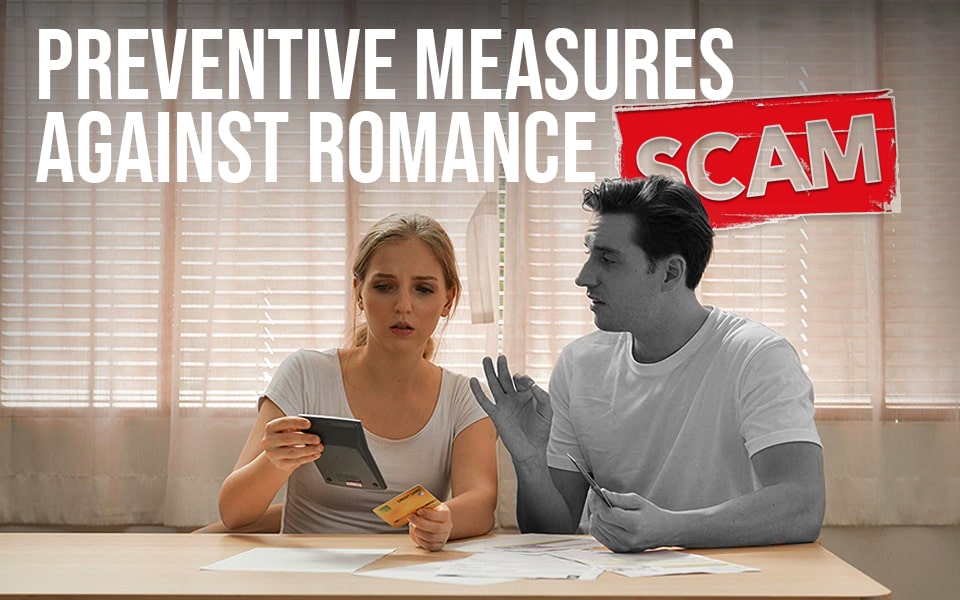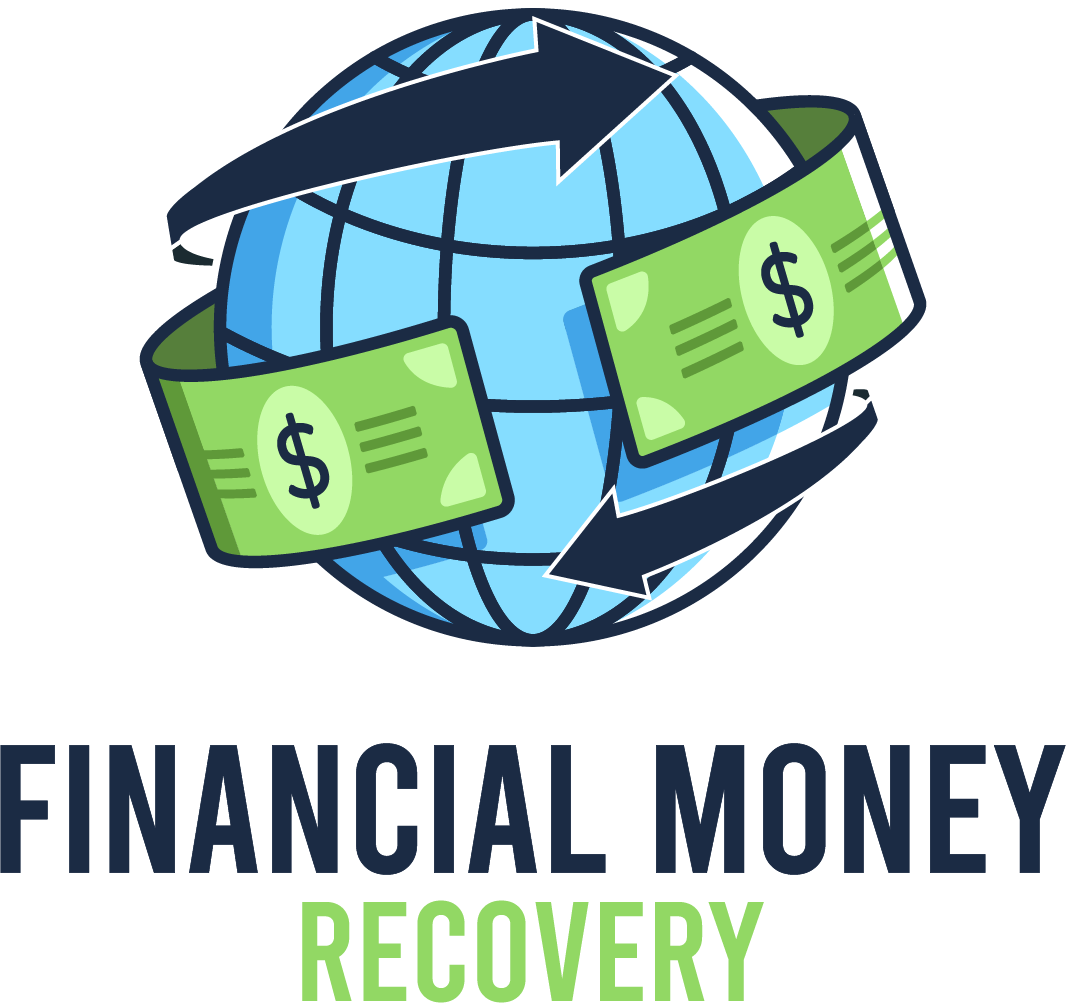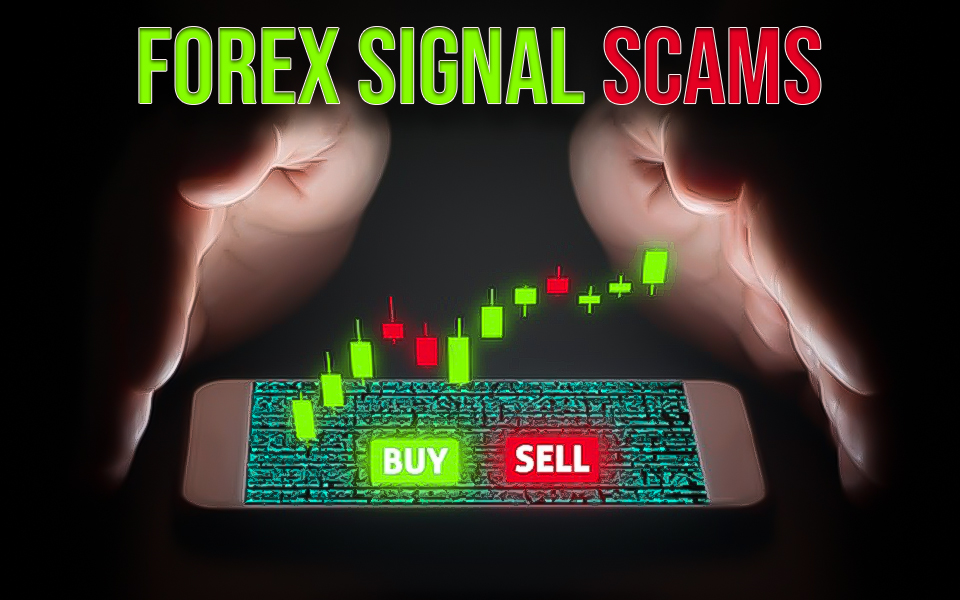



In forex trading, where every decision can impact financial success, traders often seek guidance through forex signals. These signals, purportedly generated by experienced traders or automated systems, hold the promise of unlocking profitable opportunities. However, amidst the legitimate providers, there exists a dark underbelly of forex trading signal scams that exploit unsuspecting traders.
In this article, we will discuss the deceptive world of forex signal scams, aiming to expose the tactics employed by fraudulent providers. Join us as we uncover the truth and equip you with the knowledge needed to steer clear of forex signal scams and safeguard your trading journey.
A Forex signal is a trigger, often based on technical indicators or mathematical algorithms, that indicates when to buy or sell a currency pair. It can be generated by experienced traders or automated systems and helps traders make informed decisions about their trades. Traders use various indicators, chart patterns, and customized strategies to develop these signals, aiming to simplify their trading approach and optimize their decision-making process.
People sell Forex signals as a service to assist other traders who may not have the time, expertise, or resources to perform thorough market analysis. It allows them to profit by sharing their trading insights and strategies with subscribers or clients.
There are different types of Forex trading signal providers available in the market, each with its own characteristics and risks:
These providers consist of experienced traders who analyze the market and generate trading signals based on their expertise. The risks associated with manual signal providers include the potential for human error in analysis and decision-making. Traders should carefully evaluate manual signal providers’ track records and consistency before following their signals.
Automated signals are generated by algorithms or trading systems that analyze market data and generate signals based on predefined rules. The risks with automated signals lie in technical glitches or programming errors, which can lead to inaccurate or false signals. Traders should ensure that the automated system has been thoroughly tested and has a reliable performance history before relying on its signals.
Copy trading platforms allow traders to automatically replicate the trades of successful traders. While this can be convenient, the risk lies in blindly following the trades without understanding the strategy or market conditions. Traders should conduct thorough research on the track record, risk management approach, and trading style of the traders they choose to copy.
Social trading networks provide a platform for traders to share and discuss trading ideas. However, the risks associated with social trading networks include being influenced by the actions of other traders without fully understanding the rationale behind their trades.
Some brokers offer their own trading signals as part of their services. The risks here stem from potential conflicts of interest, as brokers may have partnerships or affiliations with certain signal providers. Traders should conduct their own research and not solely rely on integrated broker signals for their trading decisions.
The trustworthiness of Forex signals depends on several factors. While there are reputable signal providers with a track record of delivering accurate signals, there are also fraudulent or unreliable ones. Here are some considerations when determining whether to trust Forex signals:
Research the signal provider’s reputation and credibility through reviews, testimonials, and feedback from other traders.
Trustworthy forex signal providers are transparent about their trading approach, methodology, and historical performance, providing verifiable information.
Evaluate the provider’s track record, including the frequency and accuracy of their signals over an extended period, as consistent performance indicates higher trustworthiness.
Seek independent verification of signals whenever possible, such as third-party verification or audited results.
Evaluate the maximum historical loss (drawdown) recorded on the trading account over a given period. Relate the displayed performance to the drawdown and aim for a higher performance/drawdown ratio.
Despite trusting a signal provider, conduct your own analysis, consider market conditions, and use signals as decision-making tools rather than blindly following them.
Identifying fraudulent trading signal providers is essential to safeguard yourself from scams and unreliable services. When evaluating the legitimacy of a signal provider, several key factors come into play. Firstly, transparency is crucial. Be cautious of providers who withhold information about their trading strategies or historical performance. Unrealistic claims should also raise red flags, as trustworthy providers focus on realistic expectations and proper risk management. Examine the signal provider’s track record and performance history. Look for verified and audited results, as well as feedback from other traders. Furthermore, poor track records or a lack of verifiable data should be treated with caution. Unprofessional communication, such as grammatical errors or unprofessional language, may also indicate a lack of credibility.
Consider a signal provider that is regulated by reputable financial authorities. Regulation adds an extra layer of accountability and oversight. Additionally, be mindful of payment security. Ensure the signal provider has secure payment systems and uses reputable payment processors to protect your financial data.
If you still get scammed after remaining vigilant, contact Financial Options Recovery. We help our clients that forex signal scams have victimized recover their lost funds through their expertise in investigation, recovery strategies, and a thorough understanding of the forex market. By conducting detailed studies and utilizing the specialized knowledge of our fund recovery experts, we increase the likelihood of successful fund recovery for affected individuals.
Forex signals are typically generated by either human analysts or traders who analyze the market and provide trading recommendations, or through automated platforms that deliver signals to subscribers of forex signal services. These signals aim to assist traders in making informed trading decisions based on the expertise or algorithms of the signal provider.
The value of trade signals depends on various factors, including the quality of the signals, the trader's skill level, and the specific market conditions. They can be beneficial for some traders in providing insights and saving time, but success ultimately relies on the trader's skill and ability to interpret and execute the signals effectively.
To receive forex alerts, subscribe to reputable signal providers or use trading platforms with alert features. Additionally, stay updated through mobile apps, economic calendars, trading communities, and social media for timely market notifications.
Don’t fall victim to forex signal scams. Take proactive steps to protect your funds with the guidance of Financial Options Recovery. Act today and secure your financial future.